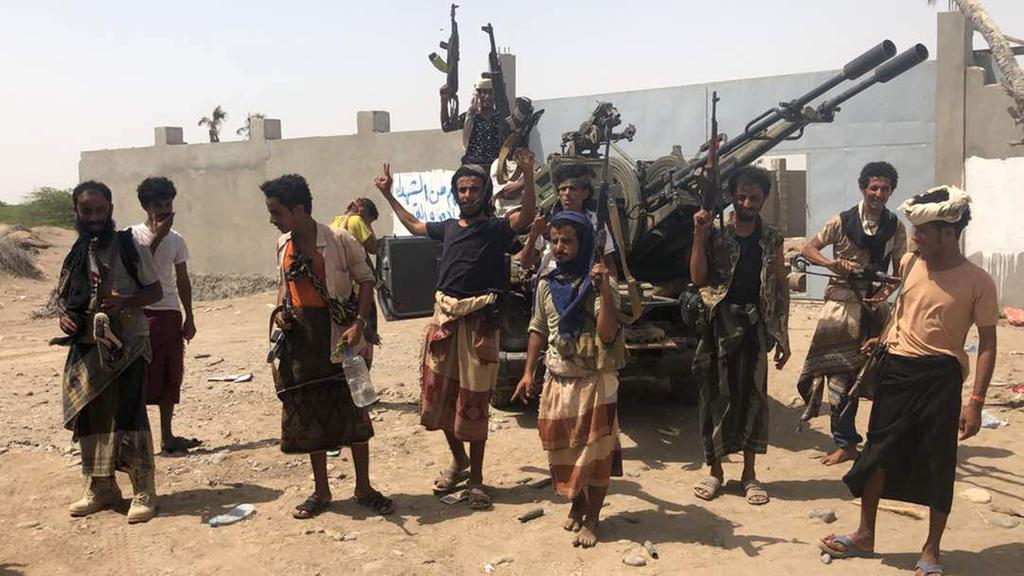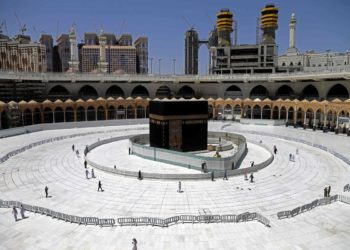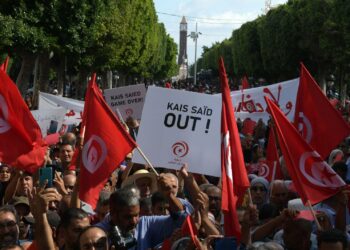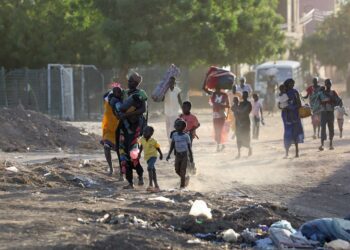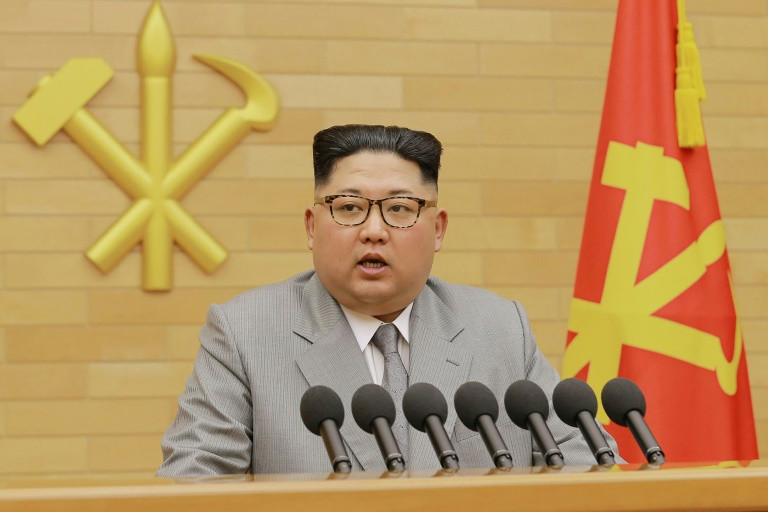Under Houthi authority, forced disappearances, torture and executions have become a greater risk for Yemenis, who are already plighted by critical humanitarian conditions, with the rebel faction tightening its grip over its remaining territories in a bid to crush dissent and opposition to its rule.
The Houthis captured much of Yemen after a September 2014 insurgency, revolting against a post-Arab Spring political settlement which it felt was biased, forcing President Abdrabbuh Mansour Hadi to flee to Saudi Arabia. Since March 2015, Riyadh has led a coalition of Arab and African states to crush the Zaydi Shia faction, presenting it as an Iranian-backed security threat.
While the Houthis had been pushed from much of their territory, including the temporary capital Aden in southern Yemen, they still control much of the north-west including the traditional capital Sana’a and Hodeidah. However, while the fighting has continued to mostly be a stalemate, Houthi authorities show increasing authoritarianism as the coalition attempts to capture Hodeidah and eventually move to Sana’a.
“The Houthis’ actions are based on neuroticism and paranoia,” Abdullah from Hodeida told The Globe Post. “Without such brutality, their rule would not exist. They owe their existence to violence and domination.”
While parts of the city remain untouched by the conflict, which is mostly limited to the east and south of the city, they still resemble an “open-air military prison,” said one resident, who preferred to remain anonymous, with Houthi militias occupying the streets, several buildings and rooftops.
“Landmines, indiscriminate shelling in civilian areas, and employing children as soldiers, are all characteristics of Houthi policies in maintaining its rule in Yemen,” Kristine Beckerle, Yemen researcher at Human Rights Watch, told The Globe Post.
While the Houthis had relied on brutal measures to solidify the rule after the uprising, its reign has recently further tightened as the coalition pushes to capture Hodeidah – under siege since June 12.
“Here in Hodeidah, there is an increasing atmosphere of terror. People cannot enter the city, due to suspicions they might be a spy,” Manel, a Yemeni reporter, told The Globe Post.
“Arrests here have sharply risen since the coalition’s assault began. I have even witnessed people dragged off the streets just for taking pictures on their phone. They (the Houthis) seem to target anyone who acts slightly different,” she added.
Along with Hodeidah’s central political prison, a historic castle is used as a storage for prisoners who have unfriendly opinions to the Houthis – and has filled rapidly recently.
Anyone showing signs of criticism towards the regime faces jail, in all Houthi-controlled areas.
“Social media is heavily monitored, and anyone showing criticism of the Houthis faces severe consequences,” Mohammad from Sana’a told The Globe Post. “Countless Yemenis have been thrown in jail for posting negative things about them on social media.”
He referenced a man, Mohammad Al-Alyie, who the Houthis recently tracked down and murdered because of a Facebook post which was deemed offensive.
Last week, the Houthis arrested several young demonstrators who protested soaring prices, due to a weakened Yemeni Riyal. Protesters were reportedly attacked “with electric shock batons and clubs, supported by armed men.” Pro-Houthi Saba News Agency described the demonstrators as “mercenaries tasked by the aggressors to plant rumors and disturb public peace.” Their fate is currently unknown.
Sometimes, captives are fortunate to only face interrogation. Manel has reported a family member being taken away for twelve hours and held in captivity until they were granted freedom.
“They have recently installed dozens of checkpoints in Sanaa’ and other locations in their territories,” said Mohammad. “This creates obstacles for people who return from Southern Yemen, who were there work or other engagements.”
Aid groups working in Yemen struggle to provide aid to civilians due to restrictions on their movement into Houthi territories that amount to “interference, obstruction and aid diversion,” causing fears of a greater humanitarian catastrophe.
“Since the offensive began on Hodeidah, Houthi authorities have at various times demanded that Yemeni national staff remain in the city and prevented their movement to Sana’a,” anonymous sources within the humanitarian community told The Globe Post.
They added that national staff have been “harassed, arrested and/or detained, been interrogated on their work history, accusing them of working as spies.”
The Houthis have also denied travel permits and suspended aid programmes on multiple occasions, the sources added. Aid organizations have also been requested to pay tax by Houthi authorities.
Mohammad from Sana’a argued that the Houthis fear infiltration from external forces, which prompts the group to become more authoritarian. He also added they fear an internal revolution, after their rapid expansion in 2014.
However, Houthi abuses could also be linked to profitability, as they have carried out several kidnappings and then demanded ransoms to families for their release, said Beckerle.
“While the Houthis are happy to criticize the coalition’s human rights violations against Yemeni civilians, they must take a look inwards and address their own abuses, such as hostage-taking, use of child soldiers, torture, indiscriminate fire on civilian areas, and executions,” she added.
Beckerle suggested it was difficult to document the full scale of human rights abuses. While reports are clearer in Sana’a, violations could occur frequently in locations where organizations have a smaller presence.
The coalition has also been criticized for human rights abuses, with United Arab Emirates training militias linked with torture and forced disappearances in Southern Yemen. U.N. experts have also accused Saudi Arabia’s bombing campaign as amounting to “war crimes.”
Poor Residents Have No Means to Escape Battle for Yemen’s Hodeidah


